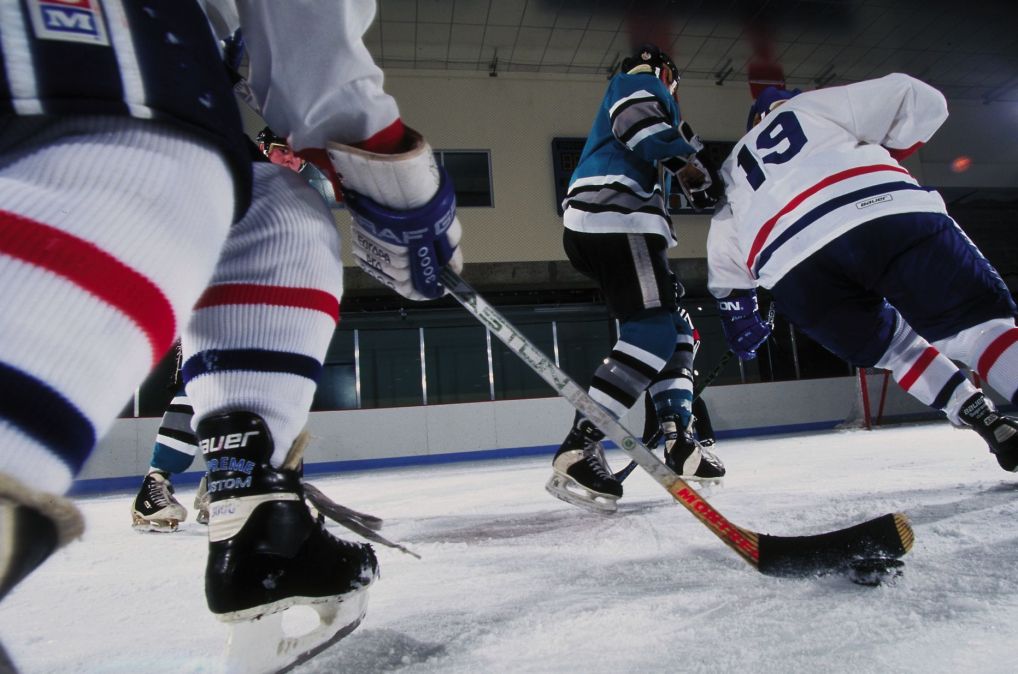Whether it’s to hone athletes’ skills on the ice or give STEM students a psychological edge, university researchers are relying on new ways to use software on mobile platforms to help their students.
3 university apps to boost grades, verify IDs and improve hockey skills

A researcher at the University of Nebraska-Lincoln is currently developing an app for science, technology, engineering and math students that uses machine learning to deliver messages that can help them succeed in their courses and graduate. Called “Messages from a Future You,” the app generates an avatar of a future version of the student based on a photograph. Drawing on the academic and demographic data of 300 past STEM students, the app’s avatar intervenes when it seems like the student could benefit from advice. Mohammad Hasan, an assistant professor of data and AI who’s working on the app, said academic success is connected to a wide range of factors, including family background, socioeconomic status and interactions with peers and instructors. Funded by a $600,000 National Science Foundation grant, the app is hoped to help grow the pipeline of students who will enter scientific fields.
Valley City State University in North Dakota this week unveiled Viking Mobile ID, a smartphone app students can use to validate their identities anywhere they would normally use a physical card. The university’s president touted the offering as a “safe, convenient and highly secure” alternative for students purchasing meals, accessing buildings or checking out books from the library. Digital IDs are a growing trend in higher education as institutions turn more of their services digital. And adoption among students also grows — the Massachusetts Institute of Technology announced last December that transactions using digital IDs had doubled in a single month.
Sense Arena, a virtual-reality platform that claims partnerships with five NHL teams, recently announced that athletes at Boston College and Arizona State University are now also donning headsets to improve their skills. The platform allows users to train hockey drills designed for passing, shooting, reaction time, checking and goaltending. Four other NCAA Division I schools — Harvard, Cornell, Northeastern and Quinnipiac — also use Sense Arena. Players on the Arizona Coyotes said they’ve used the platform while they recover from injuries.
Read about more mobile apps used by universities.